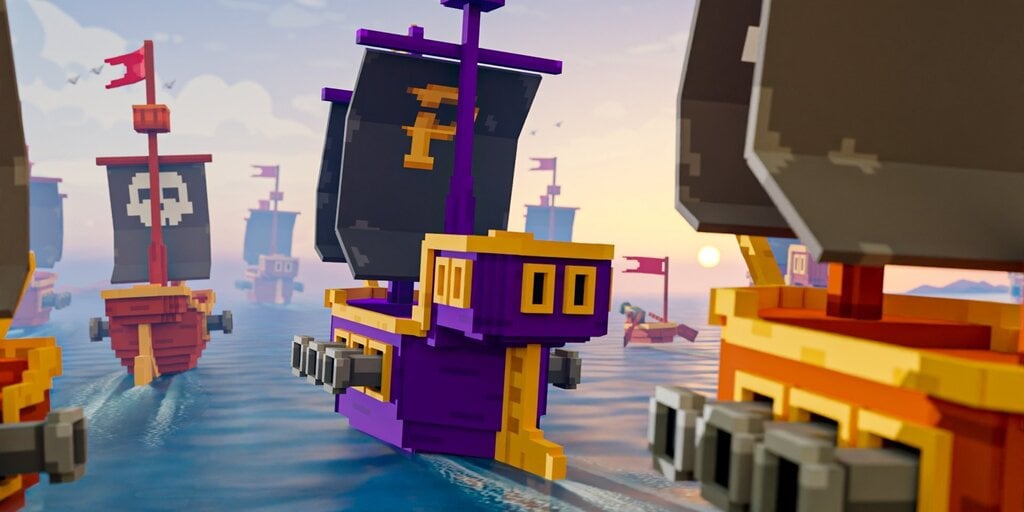
The Rise and Fall of Pirate Nation
The Ethereum-based role-playing game Pirate Nation, a fully on-chain blockchain gaming experience, is officially shutting down. Developer Proof of Play has announced the game’s closure, citing prohibitive costs and a lack of player engagement as the key reasons behind this difficult decision. The game’s most engaging elements will transition to the arcade format on the Abstract network.
The bold vision behind Pirate Nation was to create a game with permanence, offering community ownership through smart contracts while operating on Ethereum’s blockchain. Despite the innovation, financial challenges such as high gas fees and limited player adoption rendered the model unsustainable. In an official statement, Amitt Mahajan, CEO of Proof of Play, described the venture as both groundbreaking and heartbreaking for developers and gamers alike.
Why Did Pirate Nation Fail?
Gaming on the blockchain, including Pirate Nation, has faced multiple obstacles, particularly the high costs and scalability issues on platforms like Ethereum and its Layer-2 solutions. At one point, developer Proof of Play subsidized player gas fees at a rate of up to $4,000 daily. These operational costs proved unsustainable for a game with a limited player base.
After migrating to Arbitrum and operating two private chains, Proof of Play stated, “The demand for the fully on-chain version of Pirate Nation simply isn’t there to sustain operation indefinitely.” The pivot to arcade-style gameplay is expected to offer a less expensive and more accessible alternative, though its long-term viability remains uncertain.
A Broader Trend in Crypto Gaming
Pirate Nation’s shutdown is not an outlier. 2025 has seen the closure of several high-profile blockchain games, including Deadrop and Nyan Heroes. In most cases, the main culprit is a lack of funds to continue development and support advancements. Gaming tokens have suffered significant devaluation recently, and none remain within the top 100 cryptocurrencies by market capitalization as of late 2025.
Luke Franks, a Web3 gaming content creator, suggests that while venture capital investments are dwindling, there is hope in the rise of indie developers and AI tools creating new gameplay mechanics. “This marks the bottom of the Web3 gaming cycle but opens the door for unique, innovative projects,” Franks shared.
The Future of Blockchain Gaming
Despite its challenges, blockchain gaming remains a potentially transformative space. Games like Pirate Nation have introduced novel approaches to ownership, digital community engagement, and decentralized infrastructure. Proof of Play’s continued work on its infrastructure, such as the Proof of Play Arcade, underscores its commitment to Web3 technology and innovation within the gaming industry.
For gamers and tech enthusiasts, platforms like the Abstract Network now host evolving blockchain-based arcade experiences. As these arcade solutions continue to emerge, they offer smaller, more sustainable game modules that have the potential to capture niche audiences while maintaining decentralized visions.
Try It for Yourself
Curious about decentralized gaming? Experience blockchain-backed entertainment with platforms like the Abstract Arcade. To get started, explore their offerings and consider investing in arcade credits for access to the latest titles. Visit Abstract Arcade to learn more.






